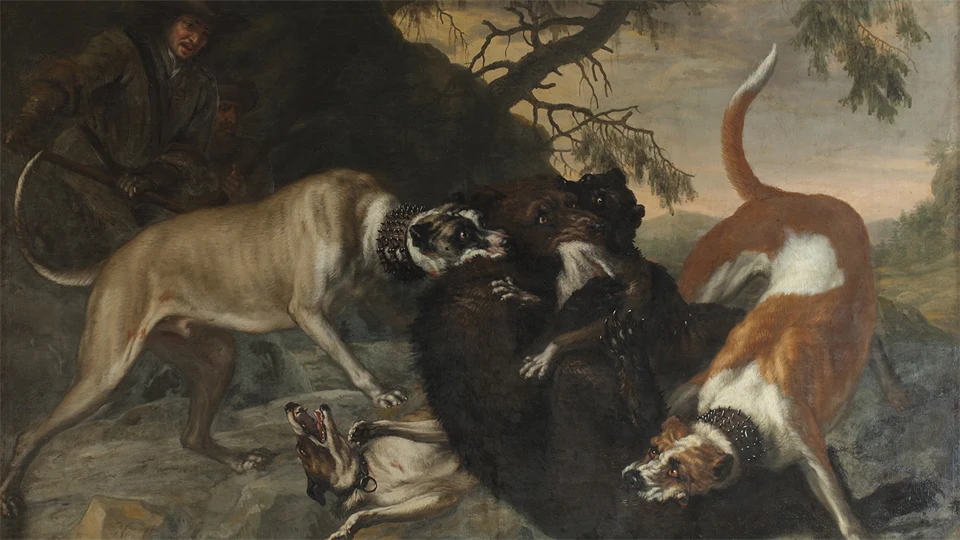Animal rights and human duties: The natural law discourse on non‑human animals in Sweden ca 1680–1760
The project explores the discussions on the rights of animals and the duties of humans towards them, particularly within natural law, in the Swedish university environment in the period ca 1680–1760.
The purpose of this project is to explore discussions of animal rights and human duties towards animals in Sweden between 1680 and 1760 (with a special focus on Uppsala and Åbo universities). This includes a survey and careful study of hitherto neglected sources. It also includes answering new and important research questions:
- To what extent were animals considered to have rights?
- What duties were humans considered to have in relation to animals?
- How did these academics understand animals and their relations to human society, to God and to his creation?
- Who were the intellectuals engaged in such discussions, and what were their motivations?
- Why did they discuss the rational, sensitive and ethical capacities of animals as extensively as they did?
An established view has been that Descartes’ mechanistic philosophy radically diminished the status of animals to that of mere machines in this period, and that it was only in the late 18th century that this changed.
Important figures in the natural law tradition (e g Grotius, Pufendorf) denied that animals were capable of rationality and of contractual relations. Christian theology similarly taught that animals were under man’s dominium and that animals were not a part of the covenant with God. However, I will show that such ideas were not all-pervasive, and that there was a lively discussion of animal rights and humans duties towards animals in this period. There were many competing strands of philosophy in this period and the same can be said for the field of natural law.
The purpose will be achieved using a still very much under-researched type of material: academic dissertations published at Swedish universities. The number of texts of direct relevance that I have found are, at the time of writing, around 25. This is a selection which lends itself well to detailed analysis and contextualization. The latter will require extensive use of other sources to provide a broader picture of the intellectual conditions of the period.
Facts
Project period
250601—271231
Departments
Subjects
Research groups
Project leader


